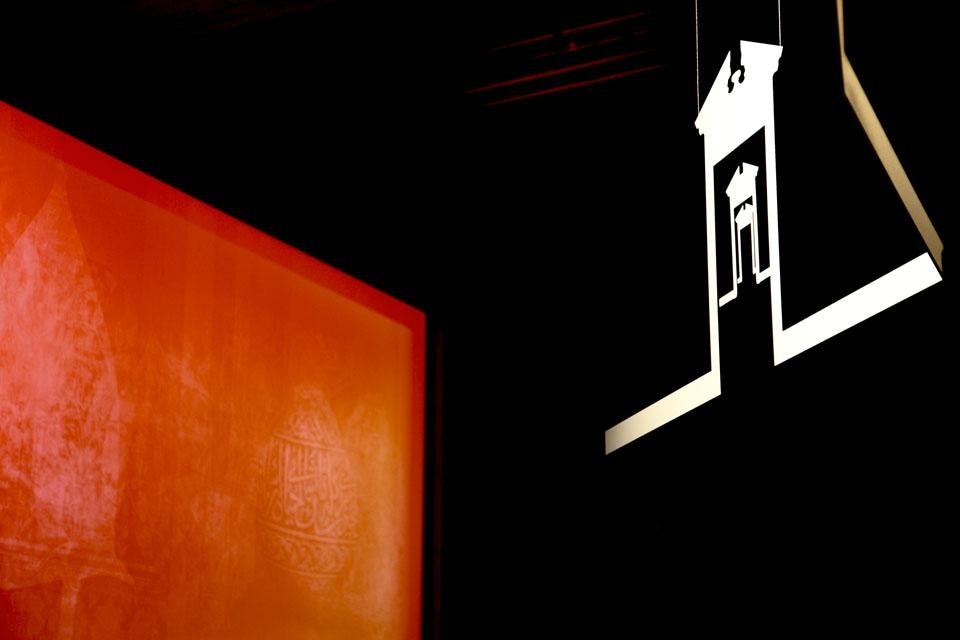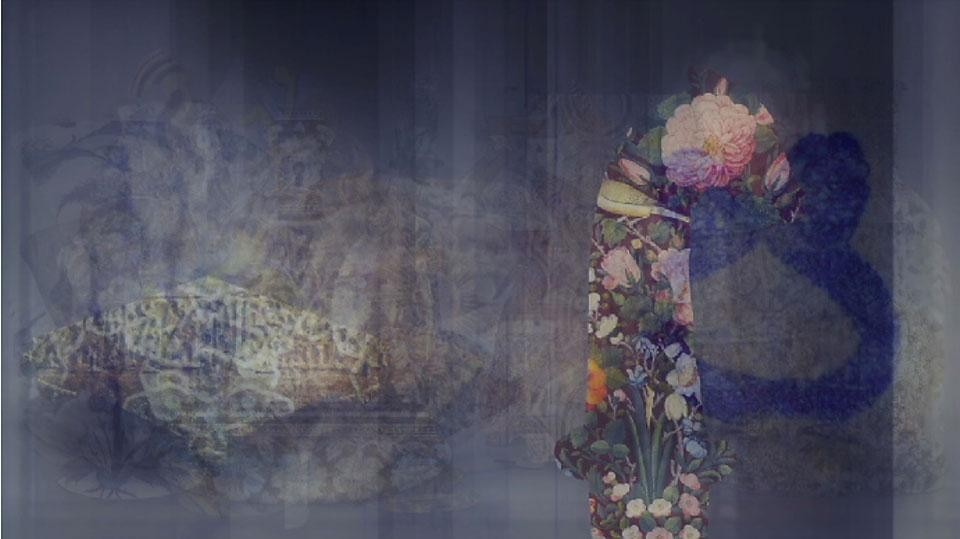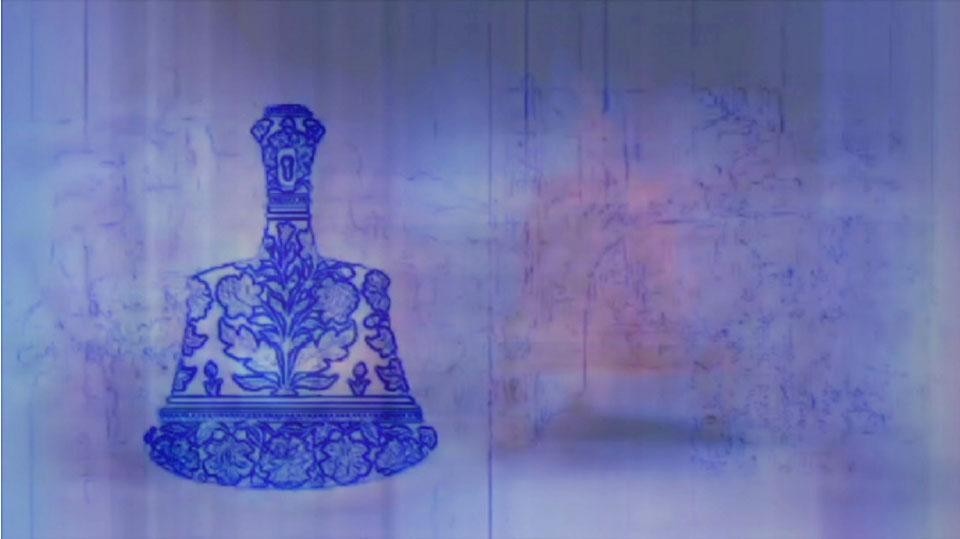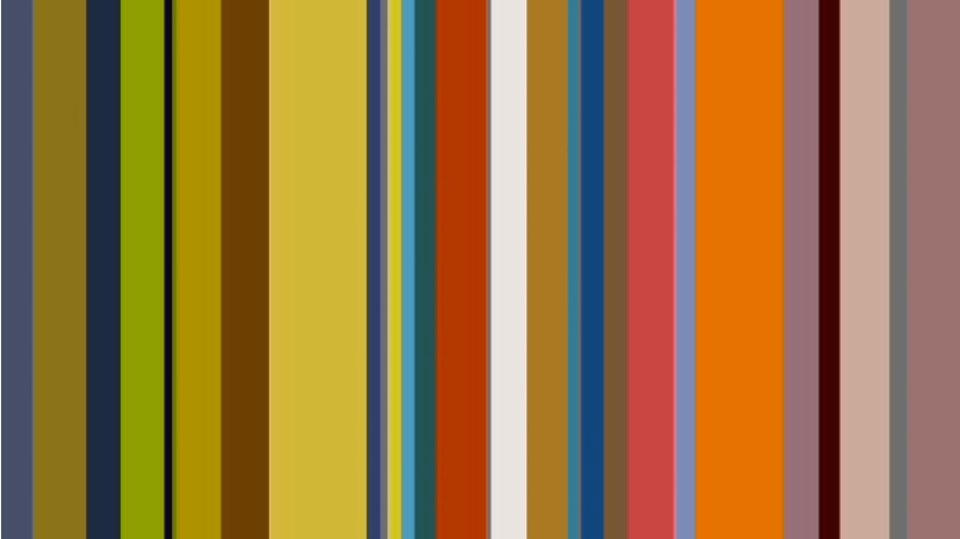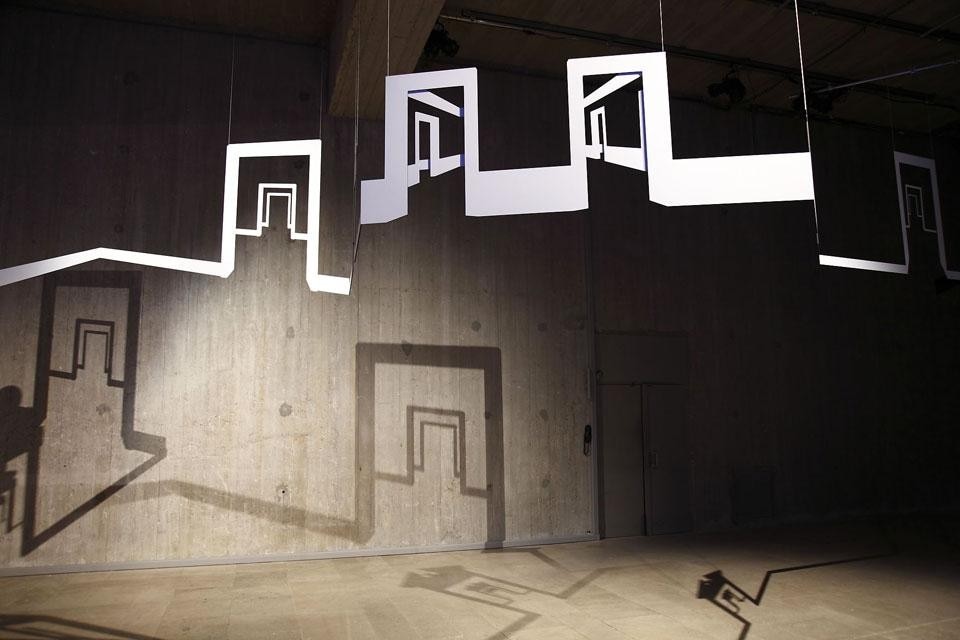The means may be on par with the aesthetic languages behind the massive financial and cultural investments currently seen in the Arab world, but exaggerated emphasis is being given to the exploits of global capital at work in the sector. The huge possibilities that appear to present themselves seem confined to a cultural nonsense that is seeking exotic destinations and linking utopia to a fanciful framework, with a leap in epistemological scale that deserves analysis. Walid Raad seems to suggest that — much to our surprise and lulled by a blessed sense of inadequacy — we are witnessing previously unseen operations of historicisation and cultural consumption, almost as if we lacked the means to grasp a concrete understanding of their epoch-making significance. The Lebanese artist skilfully asks us to perform an exercise of simulation, successfully drawing spectators into his own direct confrontation with cultural politics. We should not forget that Raad was a signatory of the boycott of the Guggenheim Abu Dhabi.
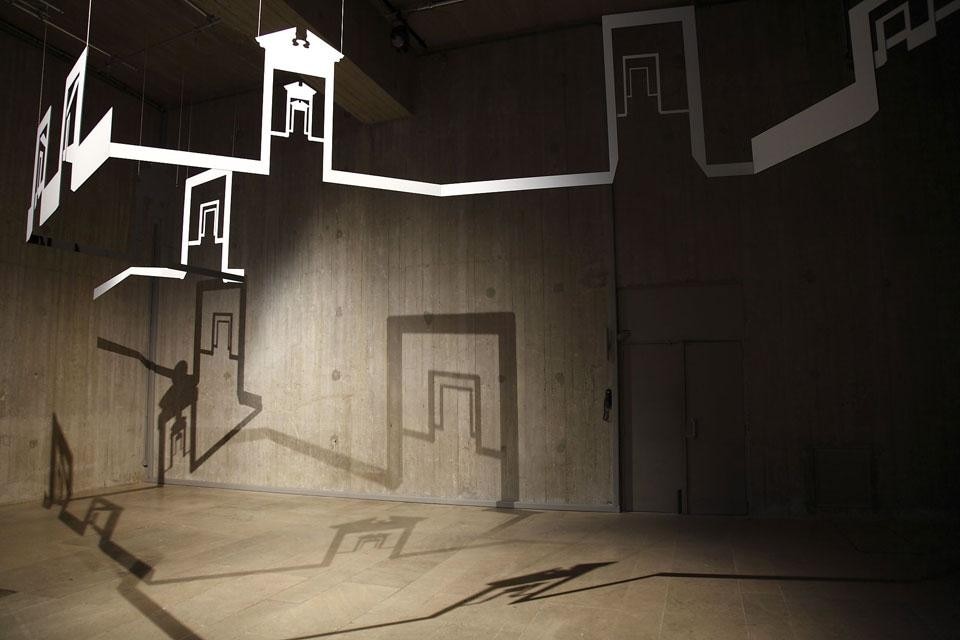
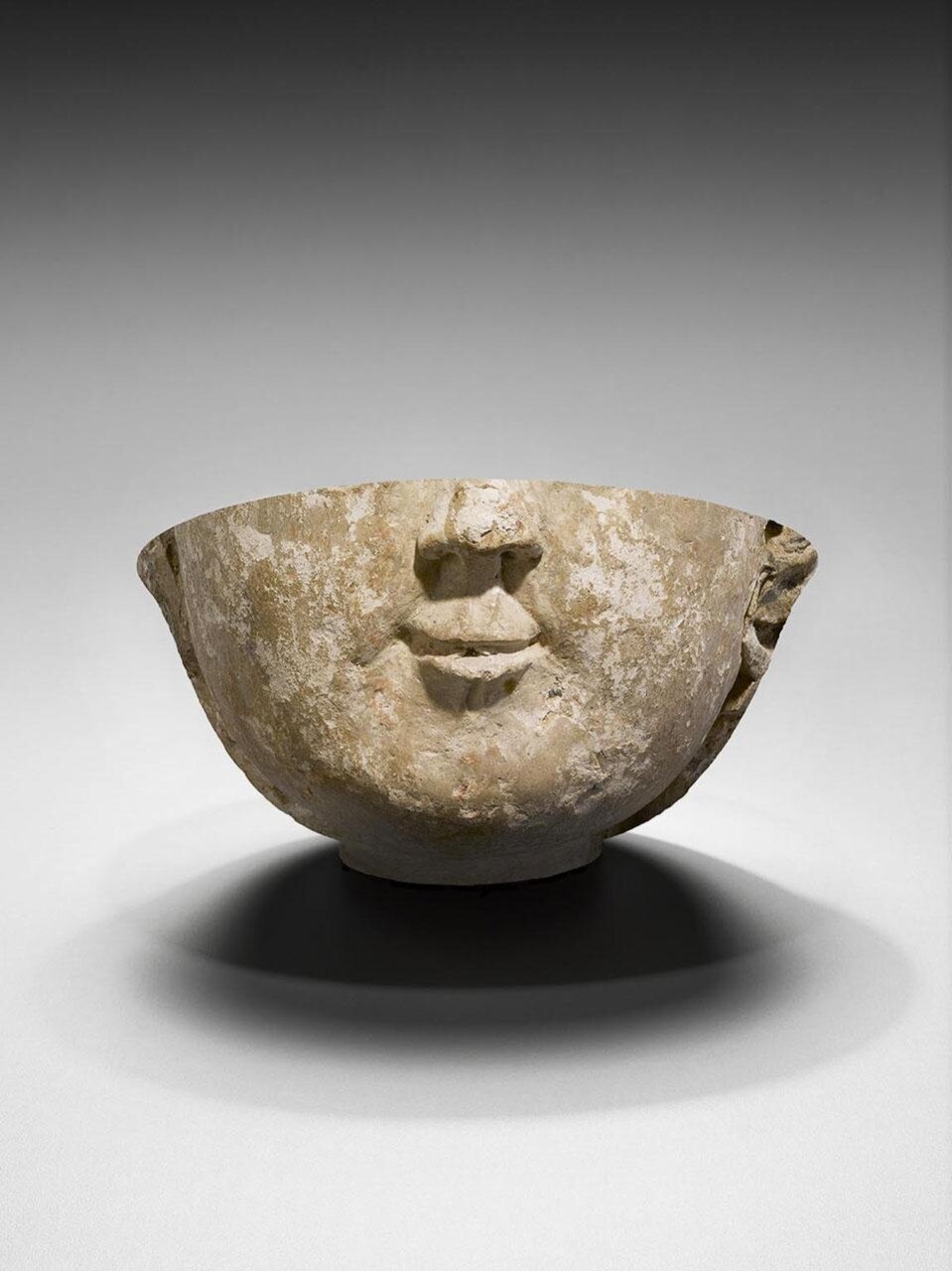
Walid Raad is convinced that even the selection, sample and loan of a small number (28 objects in all) of the 18,000 pieces from the Department of Islamic Art to the new Louvre in Abu Dhabi will trigger a strong sense of estrangement
